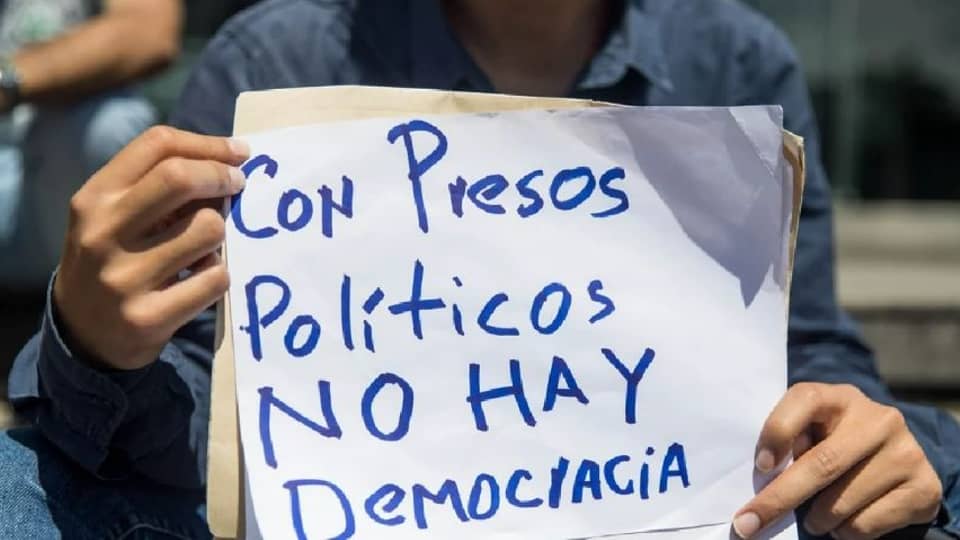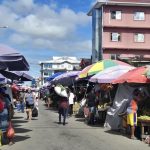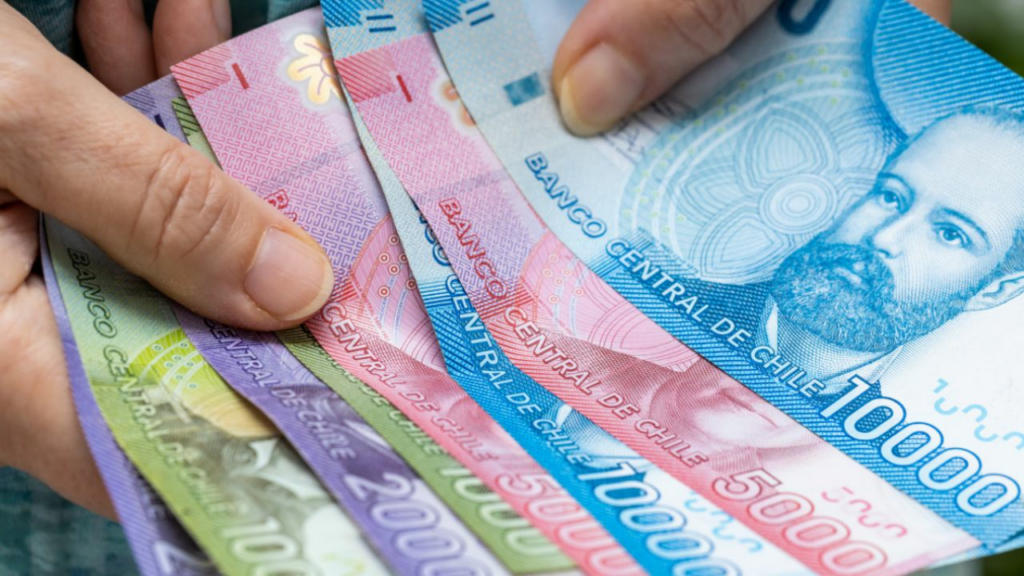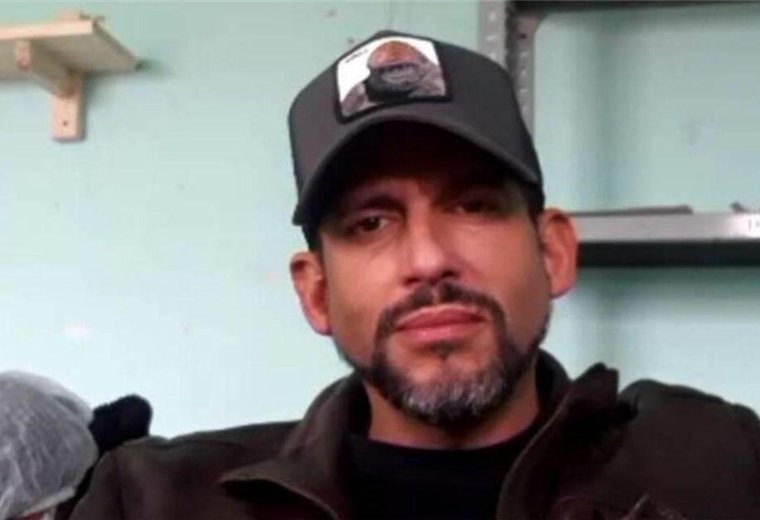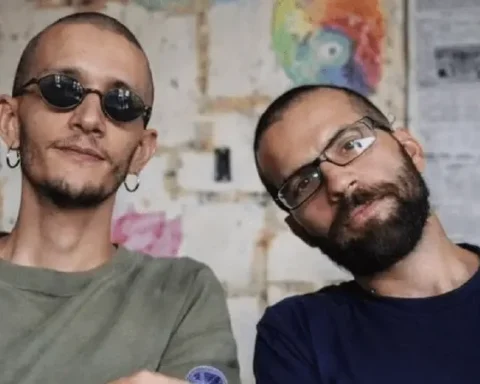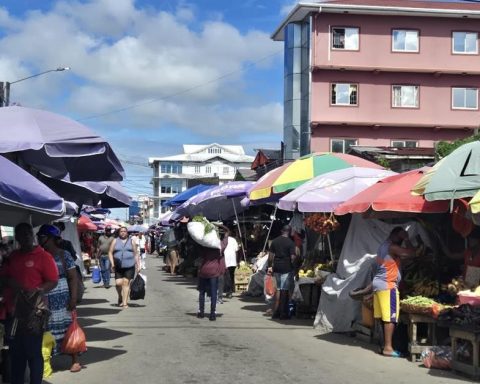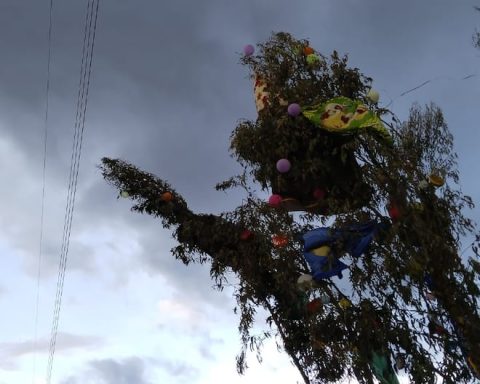Various human rights organizations in America are promoting a digital petition to demand the release of more than 1,400 political prisoners from Nicaragua, Cuba and Venezuela. Furthermore, they urge the democratic governments of the continents to pay attention to this situation.
The exiled politician Ana Margarita Vijil, former president of Unamos, published the petition on her X account, calling on users of said social network to sign it and share it so that “the governments of Latin America echo this situation and take action in affair”.
“As in the past, international solidarity is the only hope,” highlights one of the campaign videos published on their social accounts, where they also share their demands for justice for political prisoners murdered in prisons, such as the case of Eddy Mountains.
The campaign points out that political prison “continues to be a cruel reality in countries like Cuba, Nicaragua and Venezuela». He explains that authoritarian regimes continue to use repressive tactics to silence those who oppose their policies, “exacerbating the serious situation of systematic violation of human rights in their countries and creating instability in the region.”
Related news: More than 2,100 political prisoners in six years; The Ortega regime still has 138 Nicas subjected to “torture”
Regarding Nicaragua, he affirms that the Ortega-Murillo regime has tried to legitimize its actions through fear and repression of the opposition, regardless of whether it is a relevant figure for the people such as bishops and priests, or if they were companions. of struggle and even democratically elected political figures.
Torture of political prisoners in Nicaragua
The use of electric shocks, threats, beatings, constant surveillance, denial of family visits, sexual violence, denial of medicine and lack of medical care are some of the more than 40 tortures to which political prisoners in Nicaragua are subjected. according to the Nicaraguan Observatory Against Torture of the Nicaragua Never Again Human Rights Collective.
These torture practices against political prisoners, the organization maintains, are like a form of punishment for their participation in the protests, or simply for being considered opponents.
Torture is carried out in 35 police centers, eight clandestine or irregular detention centers and eight penitentiary establishments throughout these six years.
Currently, there are more than 130 political prisoners detained in eight penitentiary centers around the country. They are confined in unsanitary cells and under constant surveillance. Also, security cameras have been installed in the hallways of the galleries and maximum security cells where common prisoners who share a cell with political prisoners are also located.
